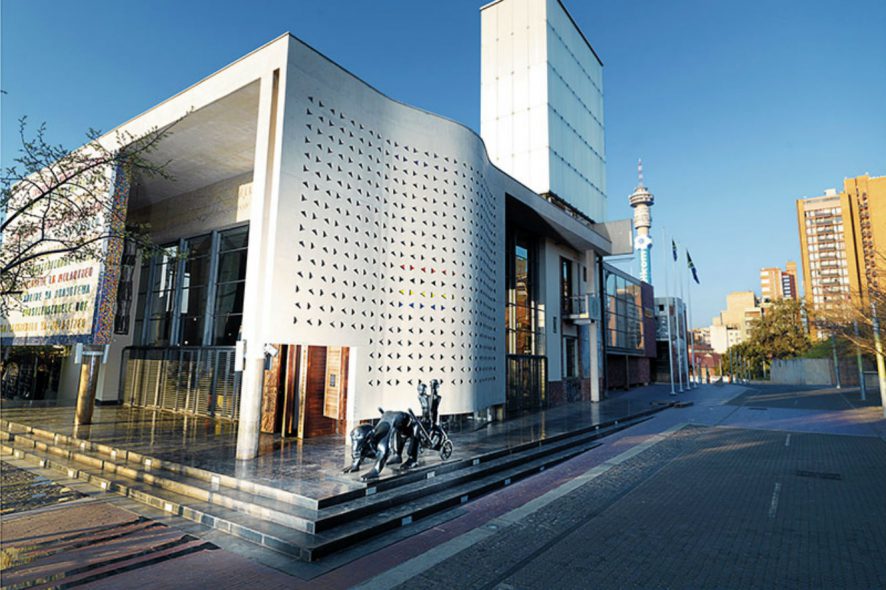Constitutional Court of South Africa: A Constitutional Bench comprising of Nkabinde, ADCJ, Cameron, Froneman, Jafta, Khampepe, Madlanga, Mhlantla, Zondo, JJ along with Mojapelo and Pretorius AJJ, refused to grant leave to appeal against the order of the Supreme Court of Appeal.
The applicant was an aspiring doctor seeking admission to the respondent university (hereinafter ‘the University’). In 2015 the applicant applied for admission at the University to study for an MBChB degree, as she aspires to be a medical doctor. However her application was unsuccessful. In order to improve her prospects for admission the following year, the applicant registered for the degree of Bachelor of Medical Science (Anatomy) in 2015. When applications for the 2016 intake were open, she applied again under the policy described as ‘mature students’. The applicant fell within category (a) of the larger group of ‘mature students’, meaning that she had done an year or more of a degree course at a recognized university in South Africa and had achieved outstanding results. A total of 10 students were to be taken from category (a) out of 40 “mature students” for admission. The applicant failed to get admission against category (a).
Aggrieved by this decision, the applicant launched a review application in the KwaZulu-Natal Division of the High Court, arguing that the University had failed to consider and apply it’s own admission policy. The University contended that the applicant was competing for 10 seats against 160 other applicants and the allotments were merited according to academic qualifications of each applicant, meaning that the aspirants having completed their courses were given preference over those who had not. The High Court dismissed the application with costs as the applicant failed to show that the relevant policy was not applied in determining her application for admission. The Appeal also failed with costs.
The applicant then filed this application for leave to appeal before the Constitutional Court. The parties were called to put forward written submissions on whether in determining the cost orders, the High Court and the Supreme Court of Appeal should have followed the principle laid down in Trustees for the Time Being of the Biowatch Trust v. Registrar, Genetic Resources, 2009 SCC OnLine ZACC 13 : [2009] ZACC 14. The Court was satisfied that the application must fail as far as merits are concerned as it bears no prospects of success. However, the Court was not satisfied that the subordinate courts were correct in not applying the Biowatch principle. The principle states that in constitutional matters against the state or organs of the state, the litigant, subject to exceptions, should not be made to pay costs of the state. This principle is in place to avoid adverse cost orders against litigants seeking to assert constitutional rights. The Court categorically stated that administrative issues are constitutional in nature and that it could not be denied that the University exercised public power and hence, was state. The Court was also of the opinion that in seeking litigation for admission to further her aspirations, the litigant was not a frivolous litigant. Hence, the subordinate courts should have applied the Biowatch principle. The Court granted leave to appeal in respect to cost orders only while refusing leave to appeal against merits. [Niekara Harrielall v. University of KwaZulu-Natal, Case CCT 100 of 2017, decided on 31.10.2017]






